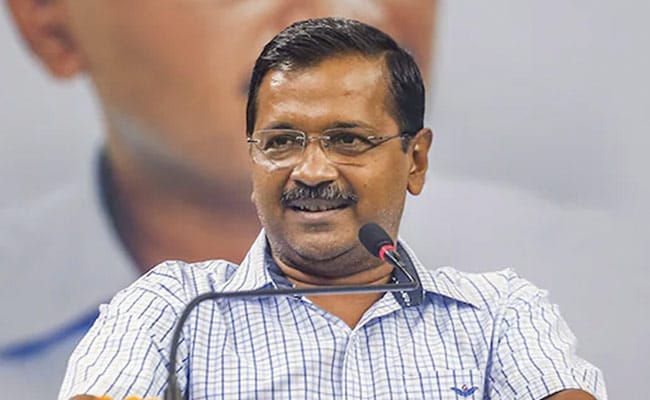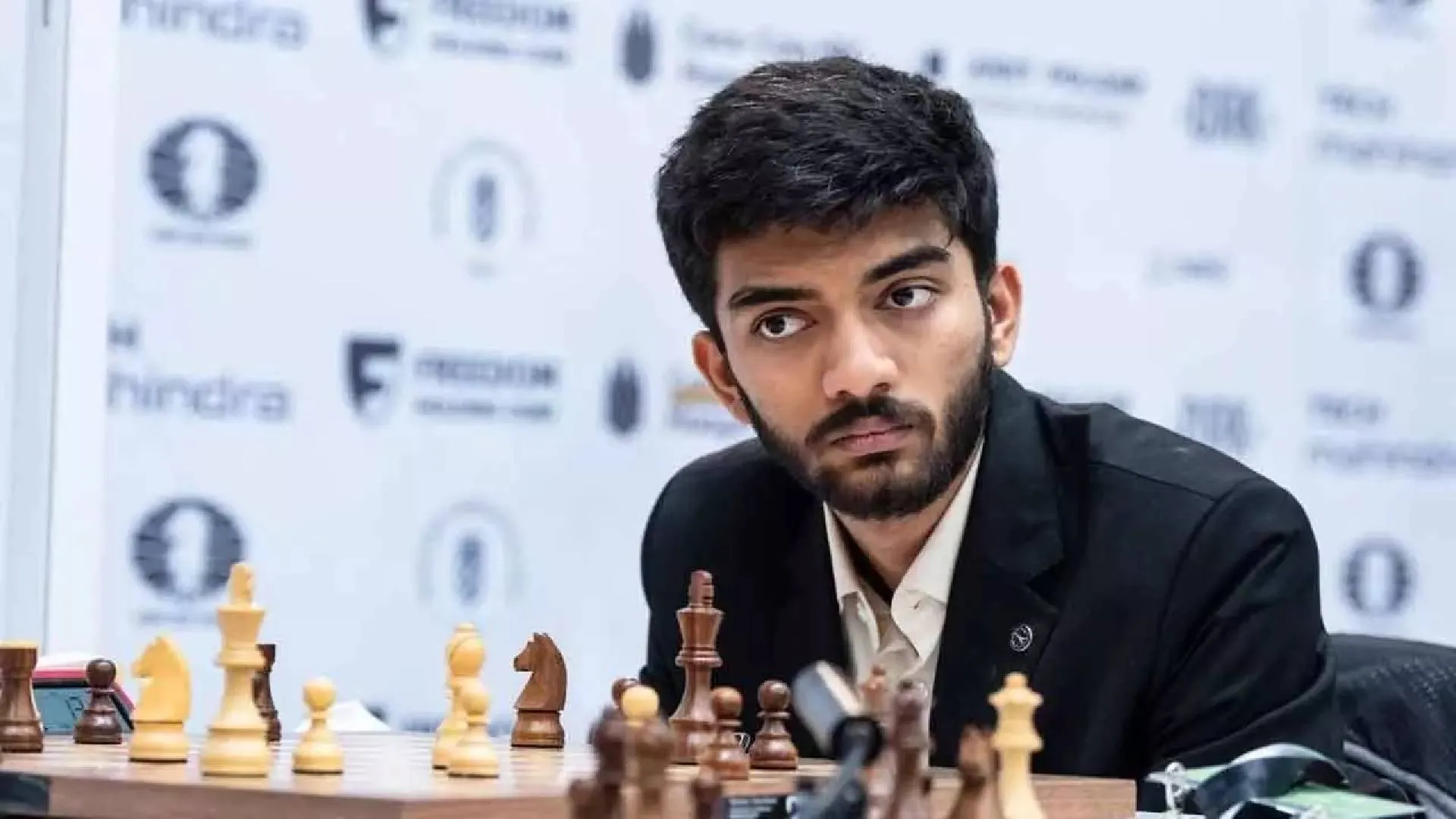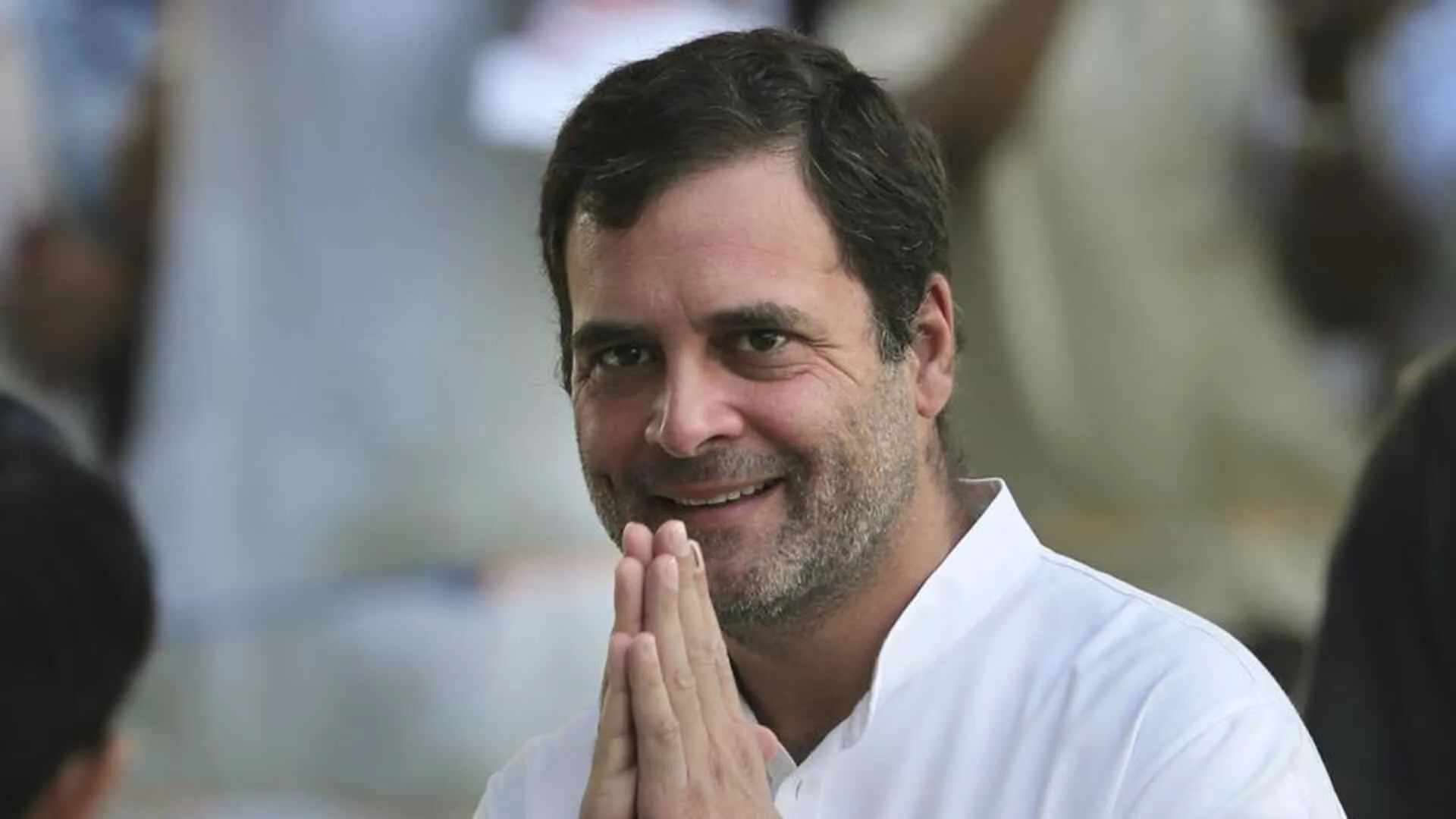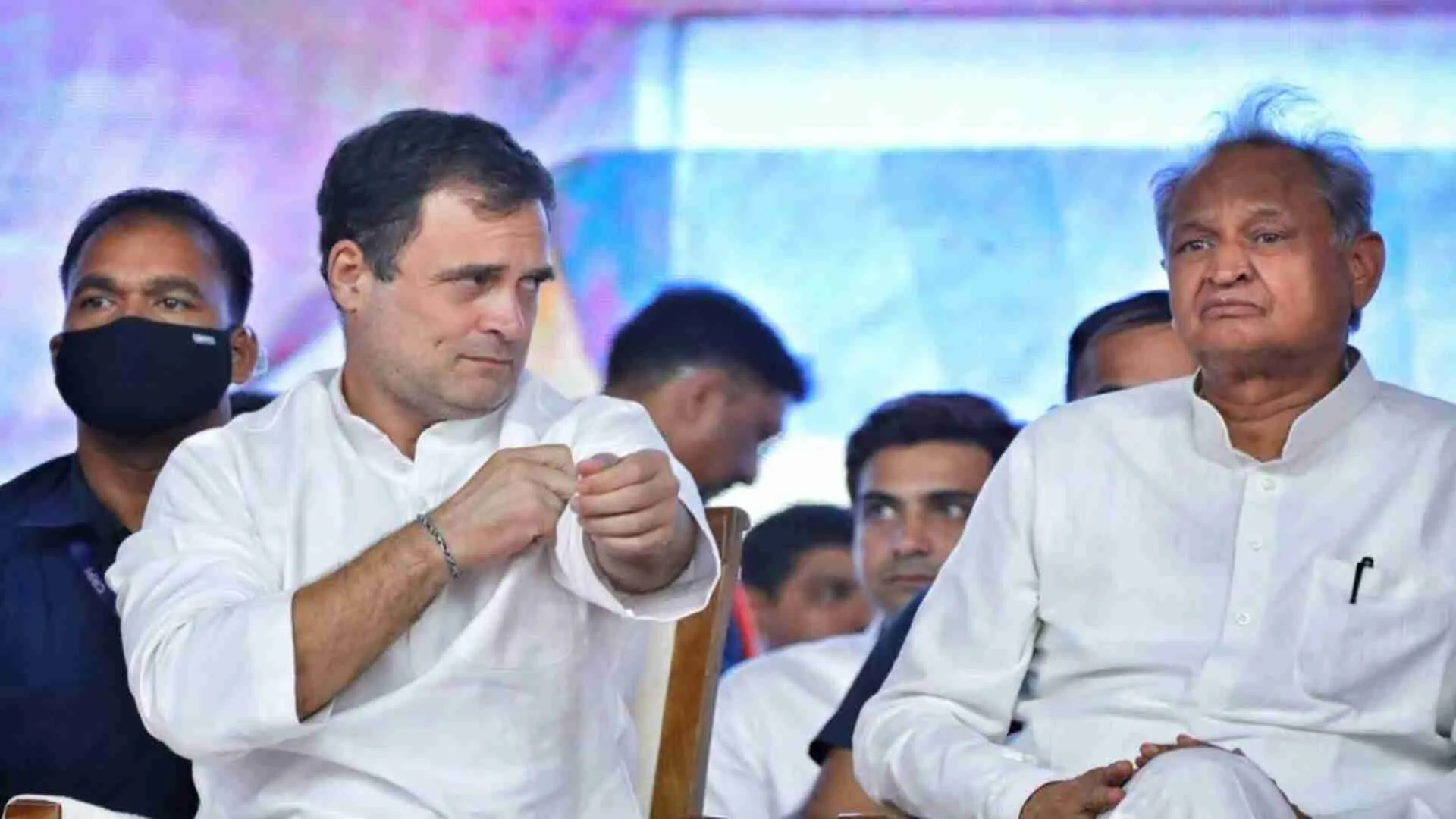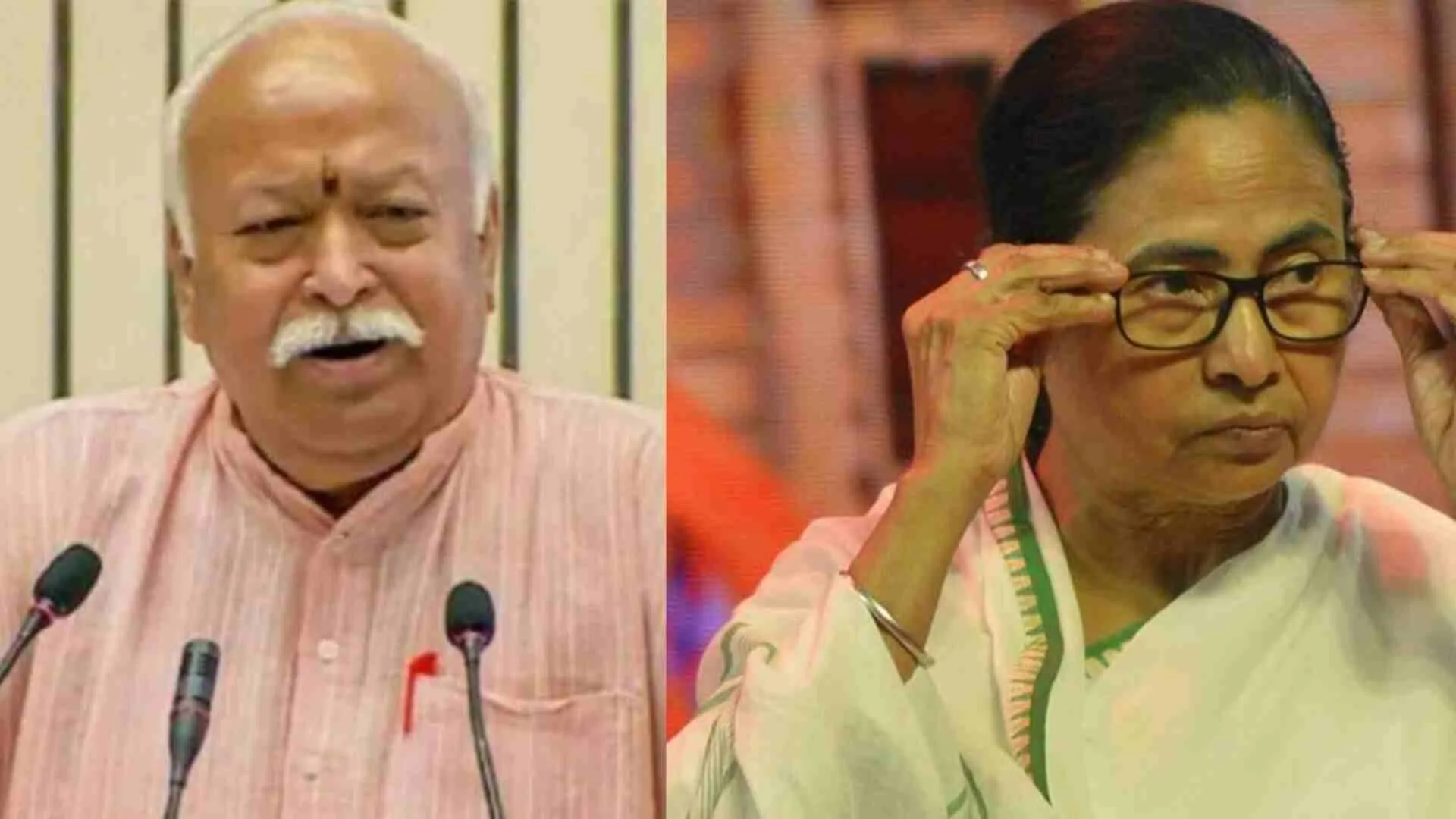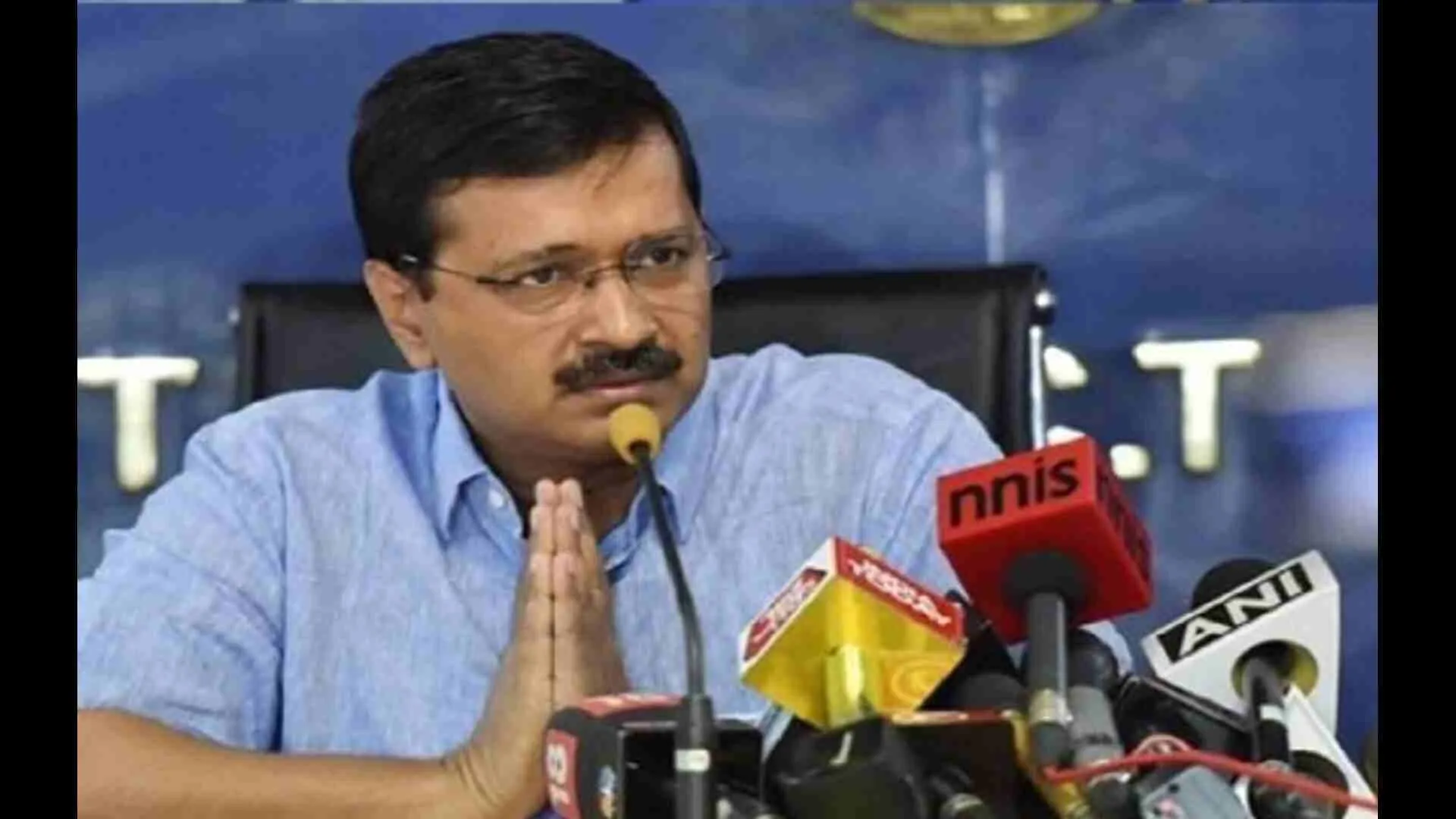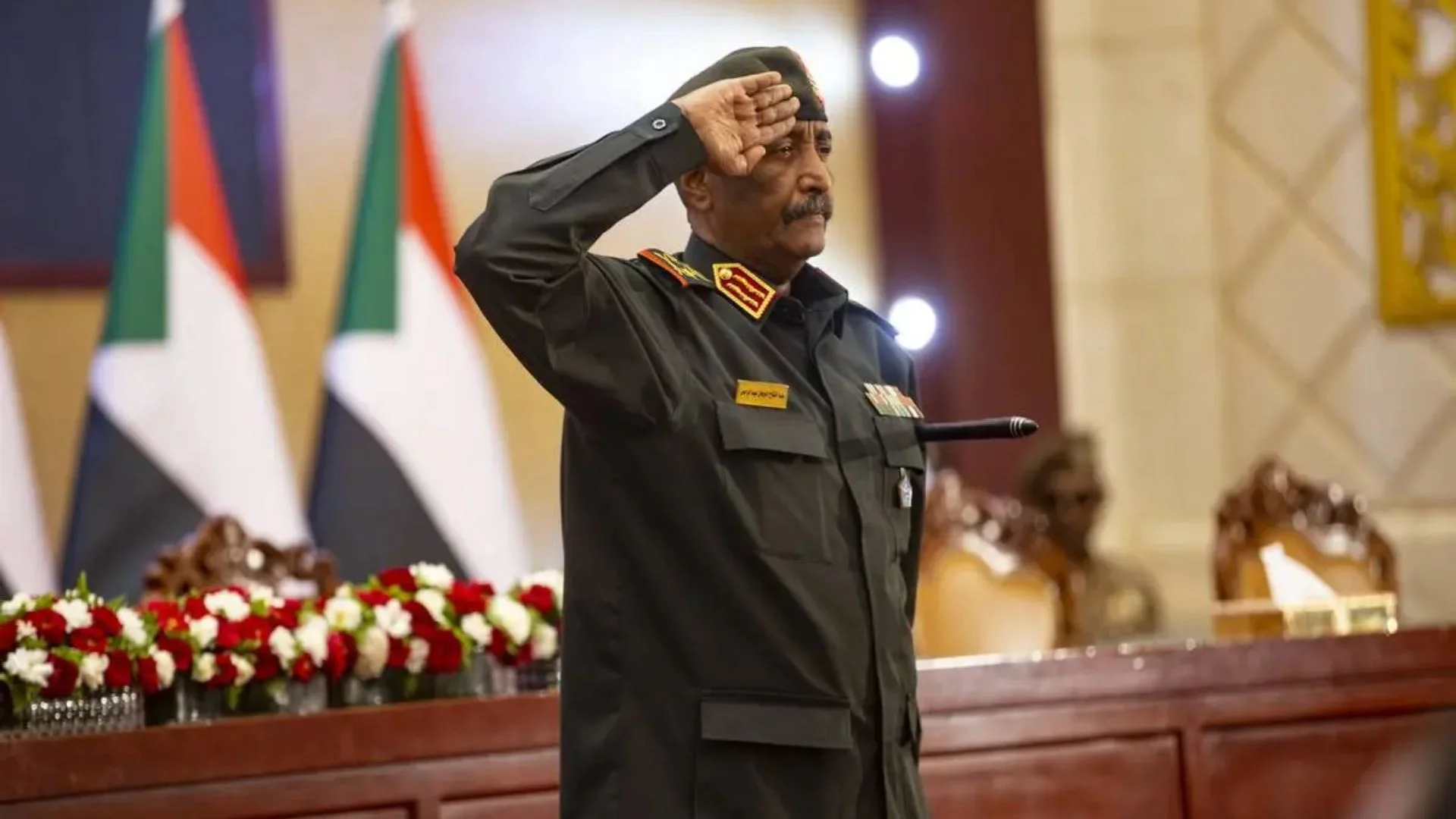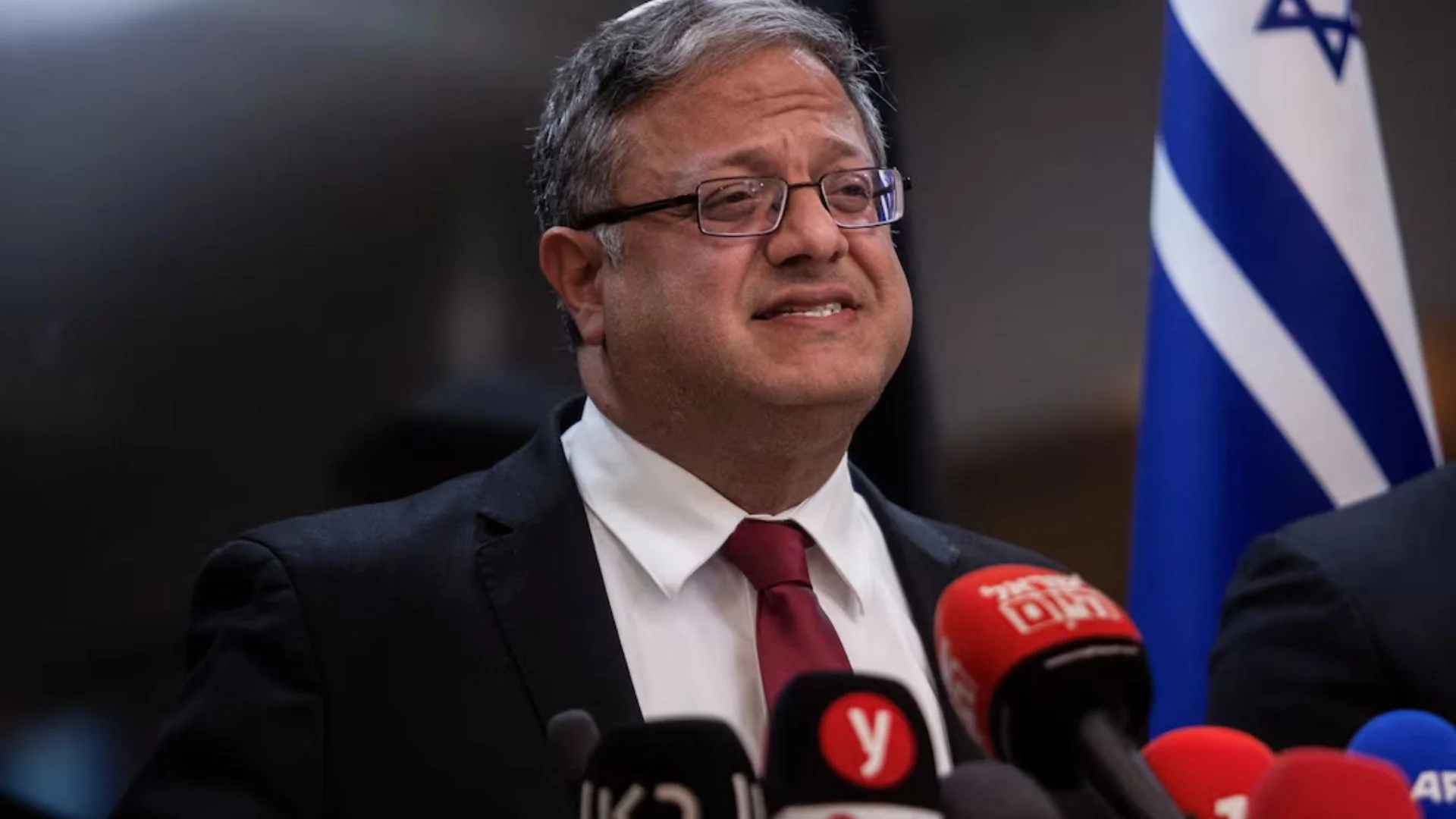In an escalating political saga, Delhi Chief Minister Arvind Kejriwal is slated to meet Telangana Chief Minister K Chandrashekar Rao in Hyderabad on Saturday. The primary objective of the meeting is to rally the Bharat Rashtra Samithi’s support to vehemently oppose the Centre’s recent ordinance on controlling the bureaucracy in the national capital.
Kejriwal, who also serves as the national convenor of the Aam Aadmi Party (AAP), has been actively reaching out to leaders of non-BJP parties, striving to garner widespread support against the ordinance. The intention is to prevent the Centre from replacing the ordinance with a bill when it is introduced in Parliament.
“Meeting Hon’ble CM of Telangana tomorrow in Hyderabad to seek support against unconstitutional and undemocratic ordinance passed by BJP government against the orders of Hon’ble Supreme Court,” Kejriwal announced via a tweet. In a bid to galvanise a political consensus on the issue, Kejriwal previously met West Bengal Chief Minister and TMC supremo Mamata Banerjee, Shiv Sena (UBT) chief Uddhav Thackeray, and NCP chief Sharad Pawar to solicit their support. He is also set to engage Congress president Mallikarjun Kharge and party leader Rahul Gandhi, having sought a meeting to discuss the contentious issue further.
The Centre promulgated the contentious ordinance on May 19 to establish an authority for the transfer and posting of Group-A officers in Delhi. The AAP government has categorically labelled this a deception against the Supreme Court verdict on the control of services in the capital. This ordinance followed closely on the heels of the Supreme Court’s decision, which vested the control of services in Delhi—excluding police, public order, and land—to the elected government. The ordinance stipulates the creation of a National Capital Civil Service Authority responsible for the transfer and disciplinary proceedings against Group-A officers from the DANICS cadre.
Until the top court’s ruling on May 11, the lieutenant governor held executive control over the transfer and postings of all officers within the Delhi government.
Kejriwal made his stance public via Twitter, stating: “Sought time this morning to meet Congress president Kharge ji and Rahul Gandhi ji to seek Congress support in Parliament against undemocratic and unconstitutional ordinance passed by BJP government and also to discuss general assault on federal structure and prevailing political situation.” As part of his outreach program, Kejriwal, as the AAP’s national convener, has approached various political parties, including the NCP, the Shiv Sena (UBT), and the TMC, to rally support on the issue of Delhi’s services.
In an unexpected move, Kejriwal wrote to Prime Minister Narendra Modi on Friday, declaring his inability to attend the upcoming Niti Aayog meeting due to the Centre’s ordinance on the control of services in Delhi. The ordinance introduced by the BJP-led central government has effectively reverted the executive control over the bureaucracy back to the Centre. This control was initially granted to the elected Delhi government by the Supreme Court in its verdict on May 11.
In a show of solidarity, Bhagawant Mann, the chief minister of AAP-ruled Punjab, has also announced his intent to boycott the Niti Aayog meeting on Saturday.
These ongoing political manoeuvres underscore the gravity of the current political climate and the high-stakes battle being fought over the control of services within Delhi. The outcome of these discussions and engagements, if successful, could significantly shift the power dynamics within the national capital’s governance structure.

